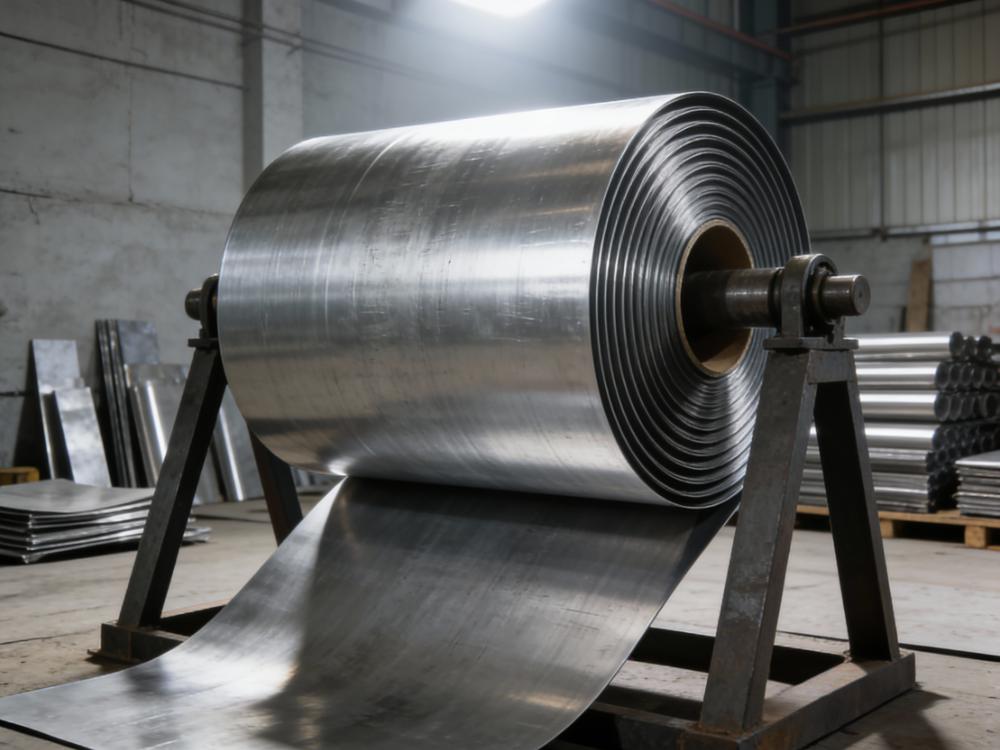The controversial hydrogen-powered vehicles are back in the spotlight.
Zhang Tianyu, chairman of Great Wall holding Weipotential Energy Technology Co., Ltd., said on March 29th: "in 2021, Great Wall will launch the world's first C-class hydrogen fuel cell SUV, to land the world's first 100 49-ton hydrogen energy heavy trucks; by 2025, it will achieve the top three of the global hydrogen market share." At the same time, Great Wall Motor also released the "hydrogen lime technology" vehicle specification-level hydrogen power system full-scene application solution.
Wei Jianjun, chairman of Great Wall Motor, further revealed that "Sharon Zhixing, a high-end brand of Great Wall, will take the route of hydrogen energy and pure electric." At the same time, he said that Euler mainly focused on the market of 10 to 200000 yuan, while Sharon Zhihang wanted to enter the market of more than 300000 yuan.
At present, compared with electric vehicles, hydrogen energy, which also belongs to the category of new energy vehicles, seems to be in a state of "lukewarm" development. This makes people wonder: when can hydrogen-powered vehicles achieve large-scale development?
Controversial hydrogen-powered vehicles
Hydrogen-powered vehicles, that is, cars that use hydrogen as energy. Specifically, it converts the chemical energy produced by the hydrogen reaction into mechanical energy, thus driving the vehicle. Among them, hydrogen energy vehicles are divided into hydrogen internal combustion vehicles and hydrogen fuel cell vehicles.
For hydrogen-powered cars, players have different attitudes.
According to Tesla CEO Elon Musk, hydrogen fuel cells are "very stupid". He once said publicly: "if you charge the battery pack directly with a solar panel, compared with electrolysis, the production of hydrogen, separation of oxygen, compression of hydrogen and other reactions, this is about half of its efficiency."
However, the hydrogen fuel cell, which has high energy efficiency, high safety and long service life, has also attracted the bets of many players. In traditional car companies, Toyota Motor, Hyundai Motor and so on are making great efforts to distribute hydrogen energy vehicles. Among the domestic car companies, in addition to the hydrogen energy strategy released by the Great Wall, SAIC, Yundu, Aichi, Red Flag and Changan all launched the corresponding layout of hydrogen fuel cell vehicles.
Among them, many players choose to give up the layout of hydrogen-powered vehicles because of costs and other issues: in November 2019, Honda announced that it would stop the development of fuel-cell passenger cars; in April 2020, Mercedes-Benz announced that it would cancel its plans to develop hydrogen fuel-cell passenger cars because it "costs almost twice as much as electric vehicles."
Looking back at the hydrogen energy strategy of Great Wall Motor, it will adopt the mode of "simultaneous development of merchants and passengers", promote the development of technology and industry through scene exploration, and accelerate the landing of products.
"about four or five years ago, hydrogen-powered commercial vehicles generally came first, mainly based on the characteristics of their point-to-point routes, making it easier to deploy infrastructure such as hydrogen filling stations. With the continuous improvement and development of the technology of the whole industry, hydrogen energy 'quotient and multiplication' is expected to become the choice of more players. " An industry insider who spoke on condition of anonymity told Science and Technology Innovation Board Daily.
Hydrogen-powered vehicles are not yet on a large scale.
Compared with the "raging" development of pure electric and plug-in hybrid, hydrogen fuel cell vehicles are still in the stage of small-scale commercial operation, mainly because there are still many problems to be solved.
As an emerging energy, hydrogen energy has a rather complex industrial chain. There are some challenges only in the five key technologies of hydrogen energy, namely, preparation, storage, transportation, charging and stack. Among them, "the stack is the heart of hydrogen fuel cell vehicles, which determines the direction of the technical route to a certain extent." The industry insiders to the "Science and Technology Innovation Board Daily" reporter analysis said.
In addition, an automotive engineer told Science and Technology Innovation Board Daily, "at present, there are still many obstacles to the promotion of hydrogen energy in vehicles, such as the price and storage of hydrogen, vehicle mileage, fuel cell prices, and so on."
Some industry organizations predict that the cost of hydrogen fuel cell vehicles will be reduced in 2025, and with the improvement of hydrogenation infrastructure, there will be an explosion of hydrogen fuel cell vehicles.
On March 27th, Chen Xuedong, academician of the Chinese Academy of Engineering, said at the 2021 China Real economy Forum-Modernization of the Industrial chain supply chain and High-quality Development of the Manufacturing Industry, "in the field of hydrogen fuel cell vehicles, we still have many key technologies to break through. the future industrial development needs to be cautious, and it is most important to ensure the safety and self-control of the key core technologies."
In terms of technology, Great Wall Automobile said that at present, it has achieved complete autonomy in the intellectual property rights of the six core technologies and products, namely, "stack and core assembly, fuel cell engine and assembly, type IV hydrogen storage bottle, high pressure hydrogen storage valve, hydrogen safety, liquid hydrogen process". On the other hand, "hydrogen lime technology" has three technical cores: hydrogen platform, stack platform and hydrogen storage platform.
"in any case, for cars, stability and reliability are the key." The industry insiders told Science and Technology Innovation Board Daily.
The capital tide under the "unpopular" hydrogen energy vehicles
Although new energy vehicles are currently relatively "minority", the popularity of the capital boom caused by them continues unabated.
On August 10 last year, Beijing Yihuatong Technology Co., Ltd. (referred to as "Yihuatong"), which mainly engaged in hydrogen fuel cell power systems, landed on the board and became the "first share of hydrogen energy". As of March 29, the total market capitalization of Yihuatong reached 15.957 billion yuan.
On September 10 of the same year, Hefei Kewell Power system Co., Ltd. (referred to as "Kewell"), known as the "first share of hydrogen energy testing equipment", was listed in Science and Technology Innovation Board.
In addition, Tianneng, which was listed on the Shanghai Stock Exchange Kechuang Board in January this year, also takes hydrogen fuel cell as one of its development strategies. Zhejiang Tianneng hydrogen Energy Technology Co., Ltd. was officially established on Feb. 7, with a registered capital of 50 million yuan. The company is wholly owned by Tianneng shares.
Looking at the whole hydrogen energy industry chain, in addition to hydrogen fuel cell, it also includes many links, such as hydrogen production, hydrogen storage, hydrogen transport, hydrogenation and so on. According to incomplete statistics, at present, more than 100 companies in the A-share market are involved in the hydrogen industry, such as China Shenhua, Meijin Energy and so on.
In addition, many car companies have separately launched the corresponding hydrogen fuel cell products, and try to power the capital market. Among them, Jethydrogen Technology, a fuel cell company owned by SAIC, has been revealed that it plans to land on Kechuang Board as early as 2022.
"hydrogen energy, as an important way of energy transformation, is one of the main ways to achieve the goal of carbon peak and carbon neutralization." The above-mentioned automobile engineer said to the reporter of Science and Technology Innovation Board Daily.
Nowadays, with the help of capital investment and player layout, the hydrogen energy industry chain is constantly improving.
However, Chen Xuedong also stressed that "the development of the fuel cell vehicle industry must not rush forward, and enterprises need to carefully consider market demand and technological maturity and do a good job in overall planning."




